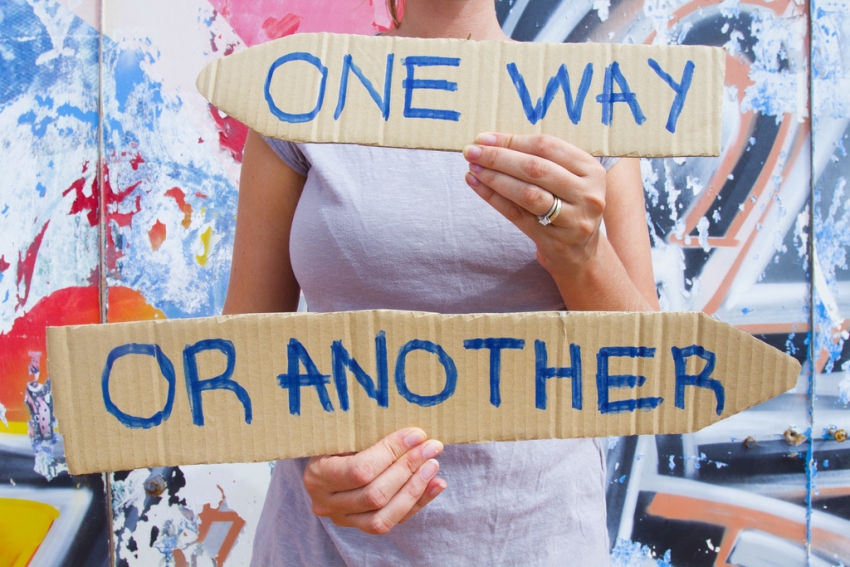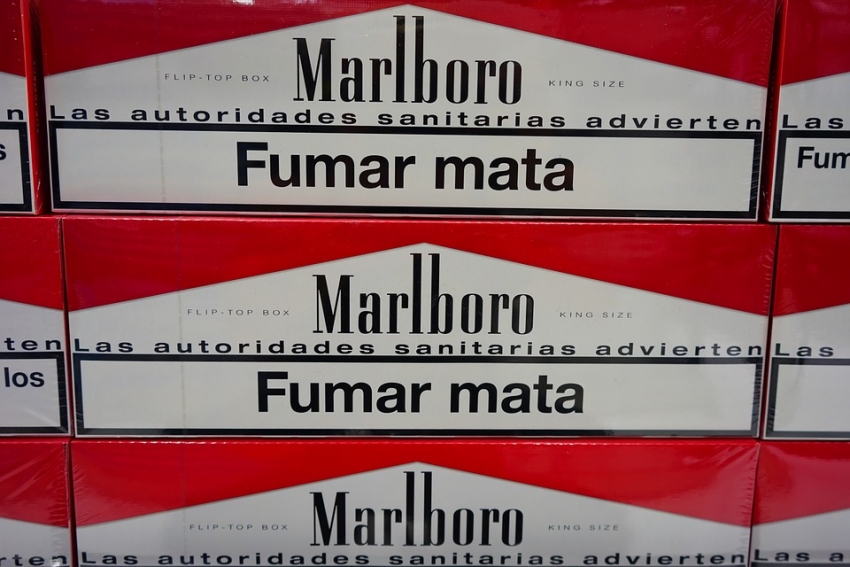-
Home

-
Top Facebook posts of the week

- card payment
Tip Of The Day: Avoid Bank Card Charges By Paying In Euros
Save money and avoid rip-off bank charges while in Gran Canaria by paying in euros when using your credit or debit card.
Many bars and restaurants in Gran Canaria, and in almost all European holiday destinations, give you the option of paying in euros or in your home currency. Opting for your own currency, while it may seem like the safer option, can add as much as 5% to the bill as it triggers dynamic currency conversion.
DCC basically means that the exchange rate is calculated at point of sale rather than by your bank. It allows you to see the total cost of the transaction in your own currency but adds up to 5% to the total because it uses a terrible exchange rate.
Since the extra money is shared between your bank and the merchant, some places will automatically bill you in your own currency and hope you don't notice. You have the legal right to refuse and void the transaction should this happen.
ATMs too
The same applies when taking money out of ATM machines in Gran Canaria (and anywhere in Europe); Always choose the local currency option to avoid losing money to poor exchange rates.
If you opt for the local currency option, using bank ATMs is often the cheapest and safest way of getting euros in Gran Canaria. It's far safer than having a big pile of euros hidden in your room or tucked into your shorts.
More details in this Daily Telegraph article.
Gran Canaria Info recommends:
- Default
- Title
- Date
- Random
Join the Gran Canaria Info newsletter list
Gran Canaria info recommends
-

Hassle-Free Gran Canaria Car Hire
-

Gran Canaria Shopping: Start At Fundgrube For Price & Quality
-

Which Gran Canaria Airport Transfer Service Is The Best?
-

The Best Value Car Rental Service In Gran Canaria
-

Off The Beaten Track With A Gran Canaria Buggy Trip
-

Casa Romantica: A Classic Gran Canaria Restaurant Reborn
- 1
Follow us on Facebook
Tip of the day
Latest articles
Who's Online
We have 2532 guests and no members online






